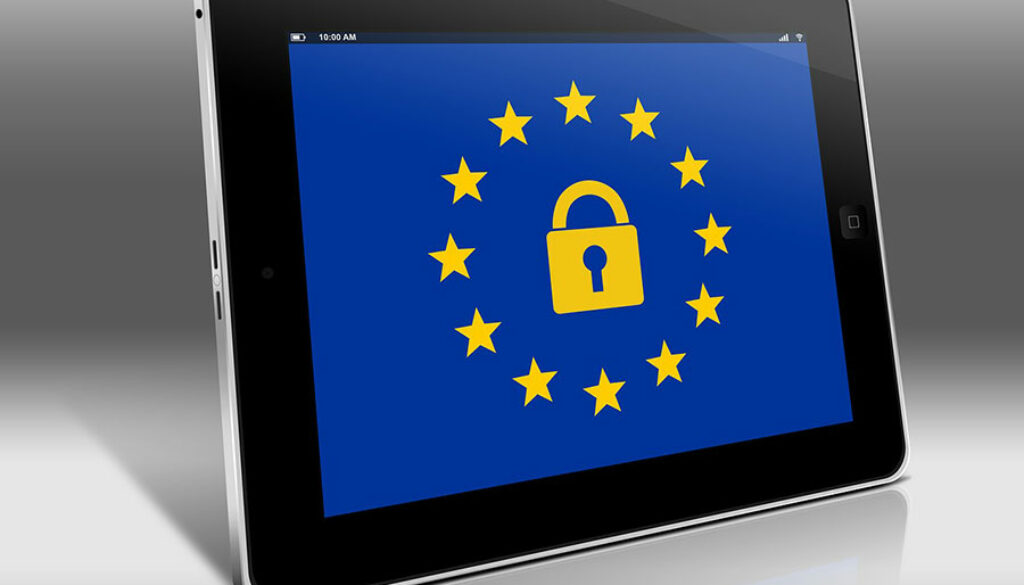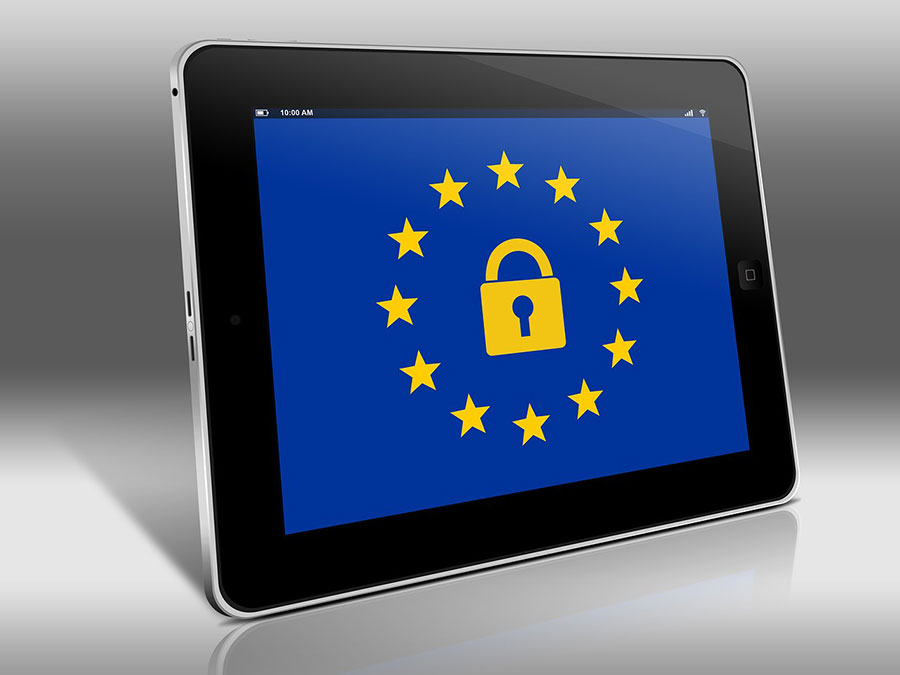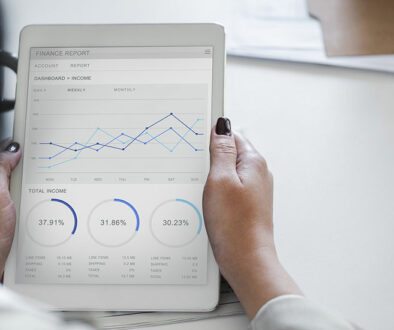How the GDPR is affecting the way businesses gather data online
The General Data Protection Regulation (GDPR), which took effect this May, has changed the way online merchants conduct business. This has standardized different data privacy legislations across the European Union (EU) aimed at protecting users in all member states.
In a nutshell, the GDPR has set the rules for data privacy for brands offering goods and services to people residing in EU member-states. It applies to firms that are operating inside and outside of the EU. With the GDPR, consumers in the region now have more control over their personal data.
GDPR is a regulation and legally binding. Failure to comply can lead to fines and result in serious repercussions to any online business.
This new regulation can also have a compelling effect on online marketing such as:
-
GDPR can affect data permission
Data permission pertains to how businesses manage email opt-ins from existing and potential clients. With GDPR in full effect, businesses can no longer assume that these people want to be contacted.
In short, customers need to explicitly express agreement to receive promotional items or materials from businesses. The days of pre-ticked boxes automatically opting customers are essentially over; customers should specifically check or tick a sign-up box.
-
GDPR can impact data access
This new regulation has also given consumers the right and freedom to have their personal information deleted. Consumers may opt to have their personal data removed. This is another venue for consumers to gain more control over how their personal data is used and collected.
-
GDPR requires collection of essential data
Many marketers and online entrepreneurs are guilty of collecting personal information more than they need. With the GDPR in full effect, data focus has become essential. Online marketers and firms should collect only data that’s significant to their businesses or risk getting levied with penalties.





